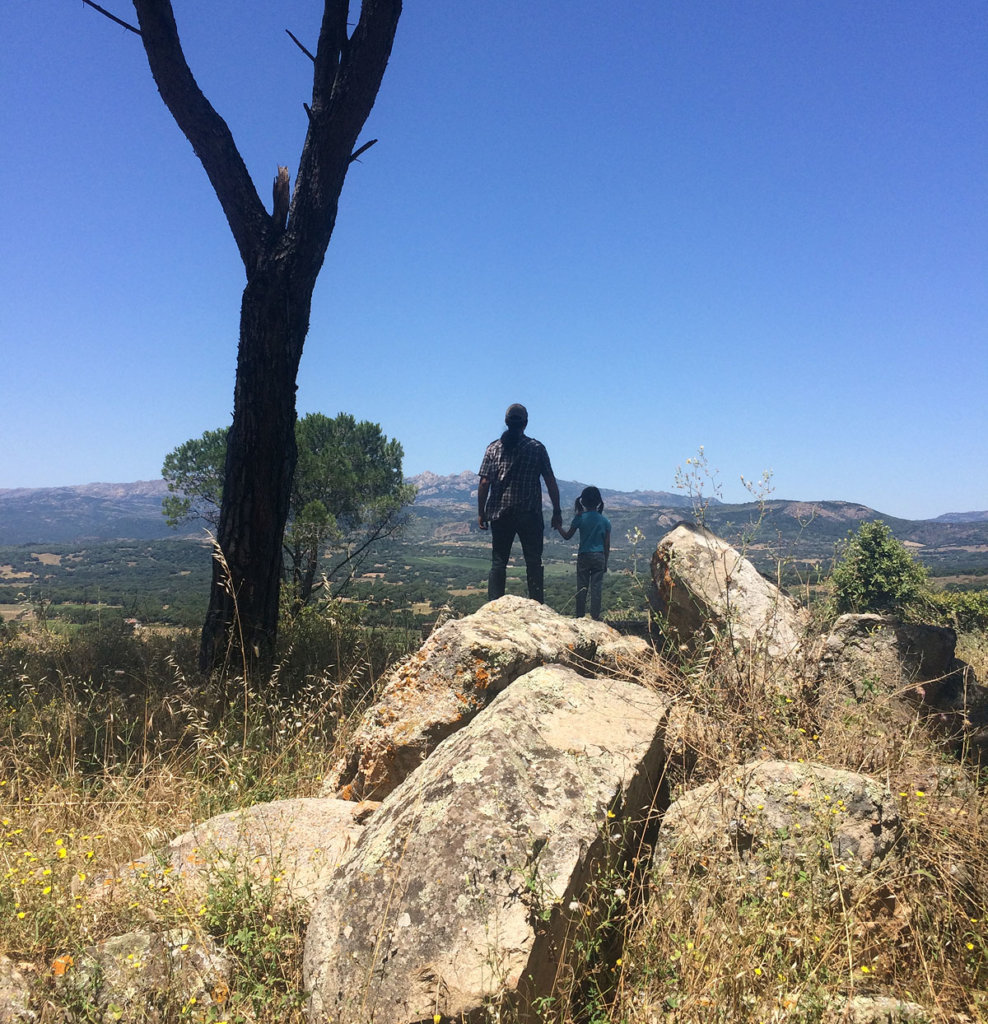
Start building an ancestral legacy today with these 5 practices.
According to Merriam-Webster, Legacy is “something transmitted by or received from an ancestor or predecessor or from the past.” Many people equate legacy with gifts of money, homes, or other large ticket items. But I believe there are more important and practical legacies to leave behind, and you can start today.
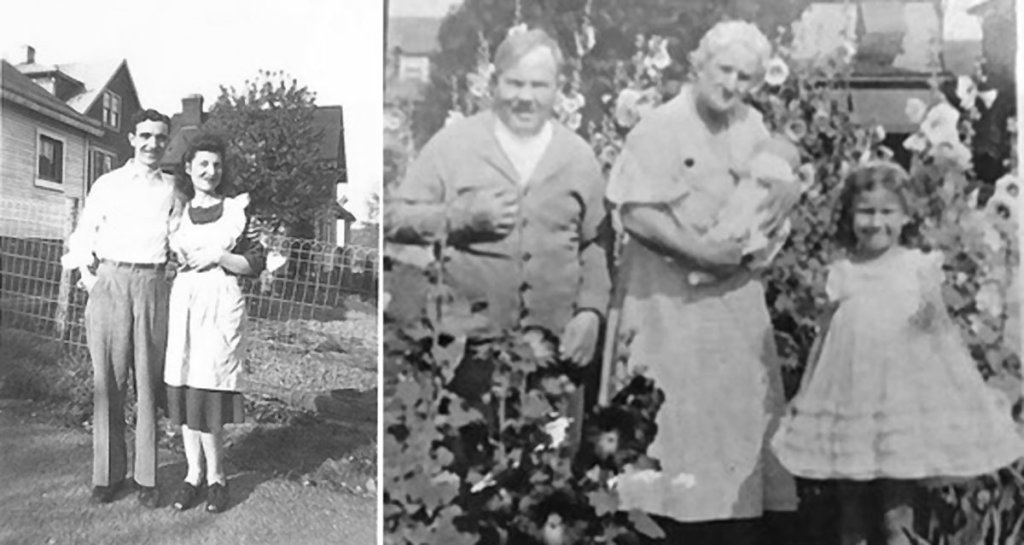
(L: my Italian grandparents, R: my Scottish great grandparents with my birth mother)
What is Ancestral Legacy?
Ancestral Legacy is wisdom and information that is handed down from one generation to the next. Even if you were never directly given anecdotes of ancestral wisdom from your parents and grandparents, you still receive their legacy. Their legacy is how they lived.
Did they treat others with kindness? Were they frugal? Did they make delicious food or create beautiful art? Did they farm or raise animals for food? Did they hunt or preserve food through canning? Did they enjoy reading books, nature hikes, or swimming?
All of these actions teach us about our ancestors and what was important to them.
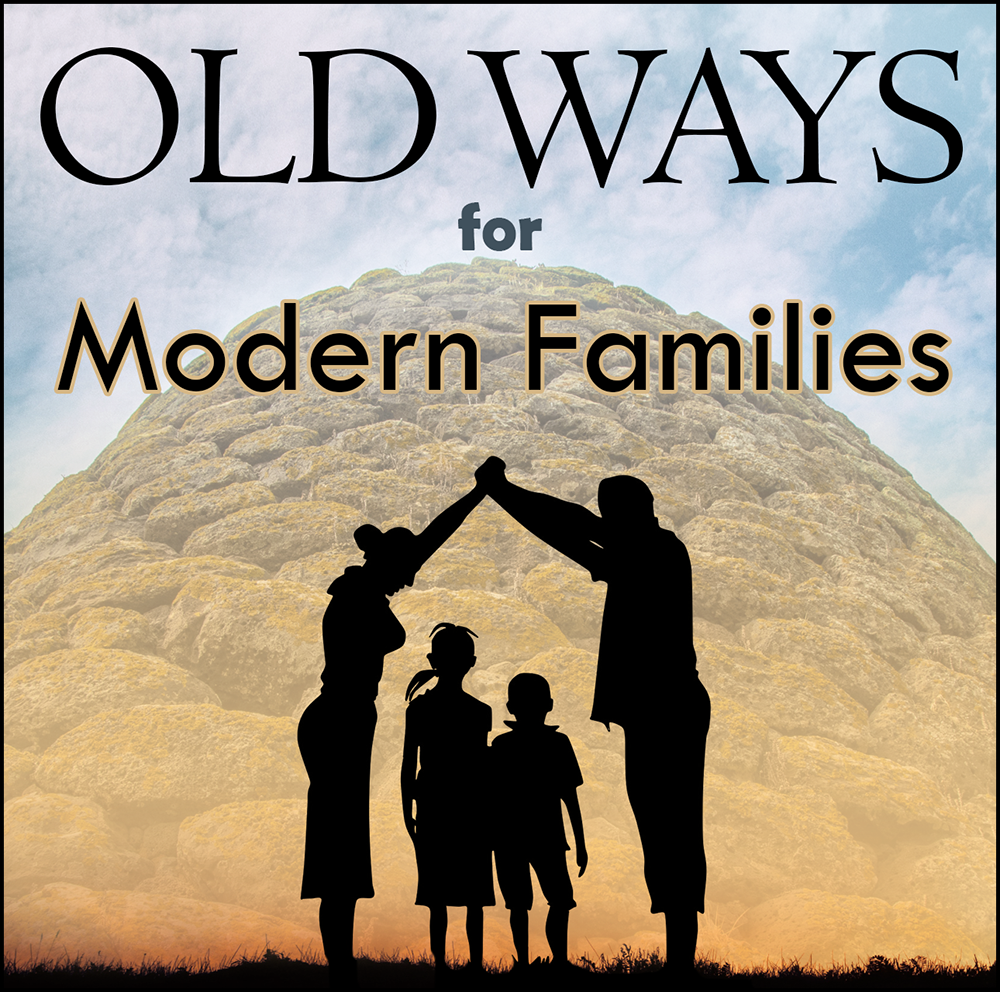
If you want to build a legacy of Ancestral wisdom, love, and an animistic worldview for your descendants, you will love my upcoming course, Old Ways for Modern Families. Learn more about the course, and join the waiting list here:
If they were kind to others, you likely learned to be kind. If your grandmother was a good cook, it is likely you learned some skills from her. If your dad was a painter, you probably watched him create his art at some point. Suppose your aunt was a champion swimmer; she might have taught you how to swim. These experiences are inside of us and lay the groundwork for creating our own legacies for those that come after us.
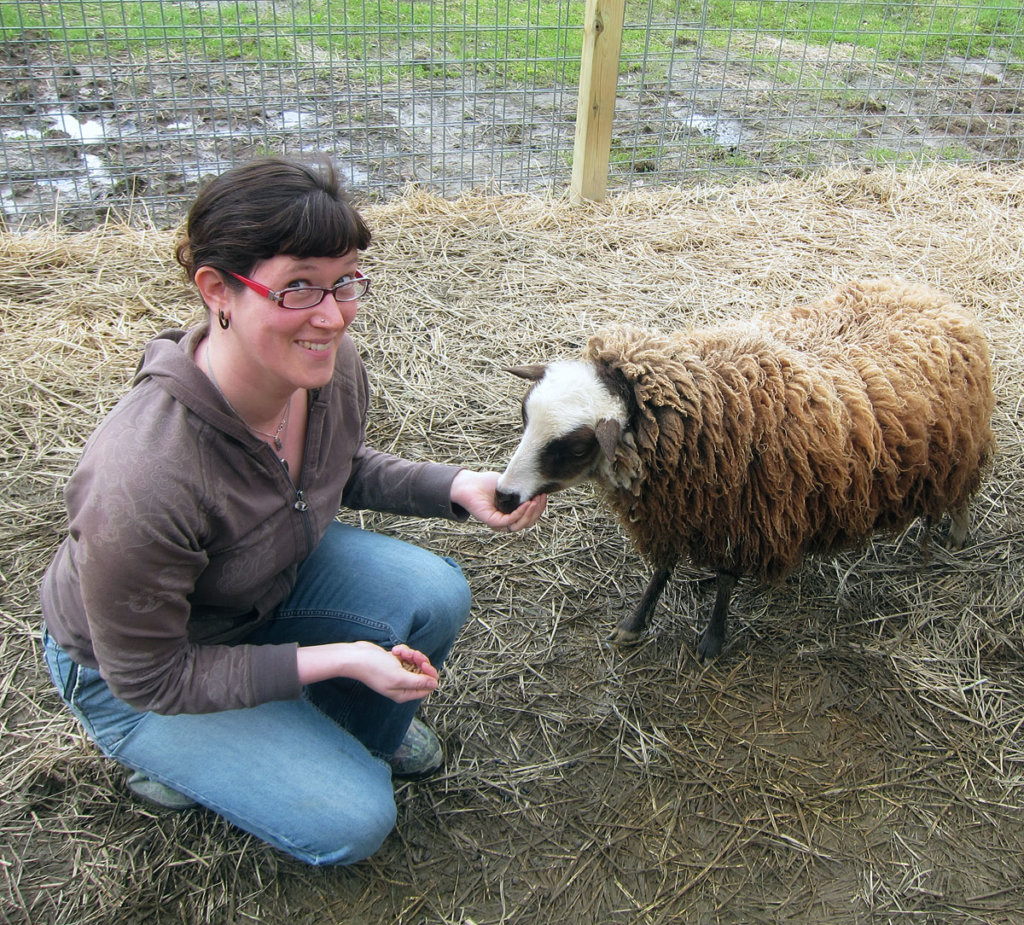
Me with my Shetland sheep, Iona on the VT homestead
What if My Family is Not Traditional?
You can still build a Legacy even if you don’t have children of your own. Begin to create a legacy for other children of your line or of your community. Use your innate gifts to create an ancestral legacy through writing a book, creating art, building a business, etc. These all count as legacy building because you leave a part of yourself out in the world, something that carries your name and illustrates your deeds through these works.
If you are not in touch with your family, you can start the chain right where you are. If you have a passion for something, share it with any child you love.
You can also build a legacy in your community. Is there a historical society or historic monuments in your city? Volunteer your time there. Learn about the place you live and its history so you can teach the next generation to appreciate the place they come from.
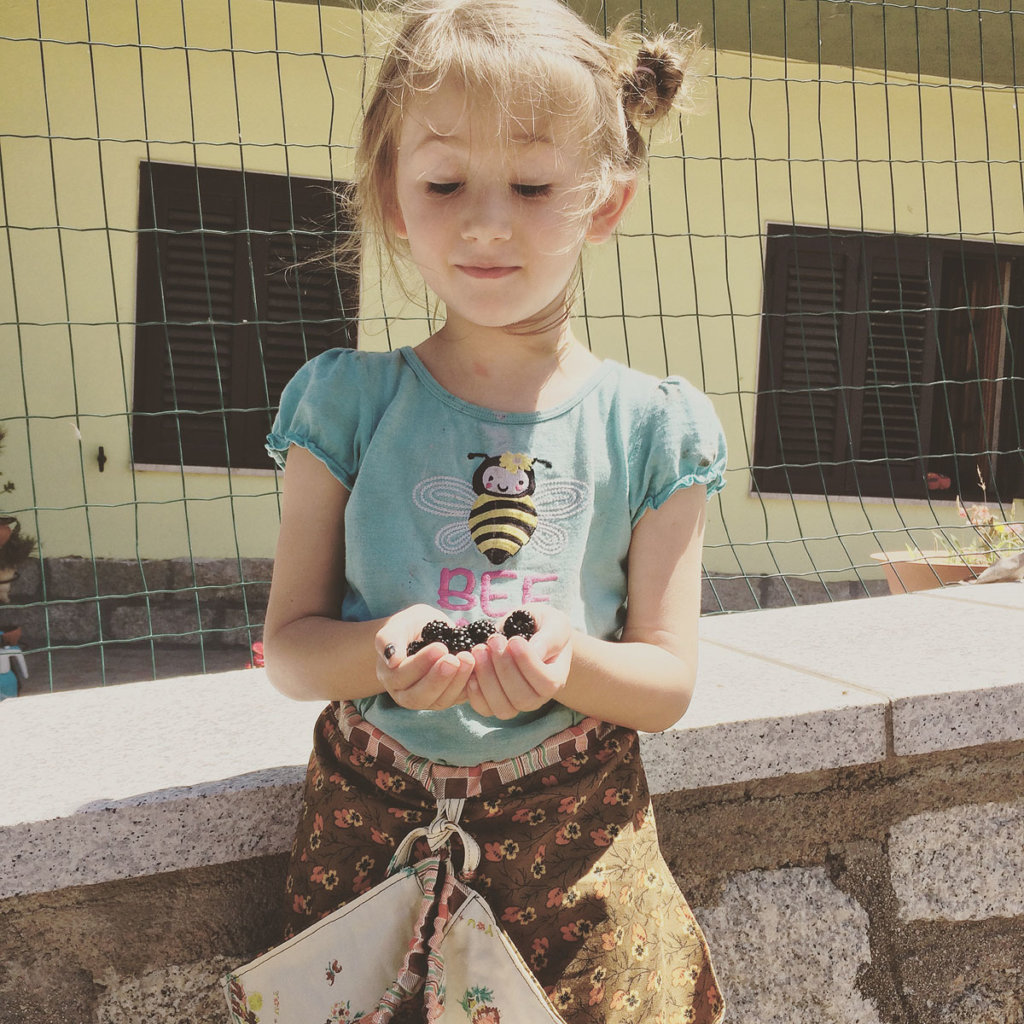
My Daughter with foraged blackberries
Your Interests Have Meaning
Your interests are the key to unlocking the legacy to pass on.
There is no denying my love for food and cooking. It defines me more than any other activity. I have my mom and maternal grandmother, and my dad to thank for teaching me how to cook, and they shared their passion for it with me. I learned to cook from a young age, and by the time I was 12 years old, I was skillfully cooking full meals for the sheer joy of it.
However, I was not taught about plants, trees, and herbs by my foremothers or fathers, yet I have always had an undeniable passion for them. I have spent the greater part of 20 years learning about them. This passion I have shared with my own daughter (we also share a love for baking together). Since before she could walk, I was sharing plants with her. As soon as she could walk, we started going on herb walks and foraging expeditions, and she loves it as much as I do.
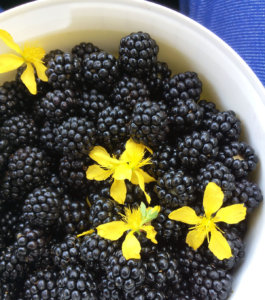
I recently found out that there was a tradition of foraging in my birth family on my birth mother’s side of the family. Interestingly enough, some similar plants were of focus as the ones I like working with – berries, plantain leaf, and dandelion.
I also have a passion for homesteading and raising farm animals, in addition to gardening. It was wonderful when I met some biological family members to discover that one of my uncles is very involved in raising sheep. At the time, I was also raising sheep.
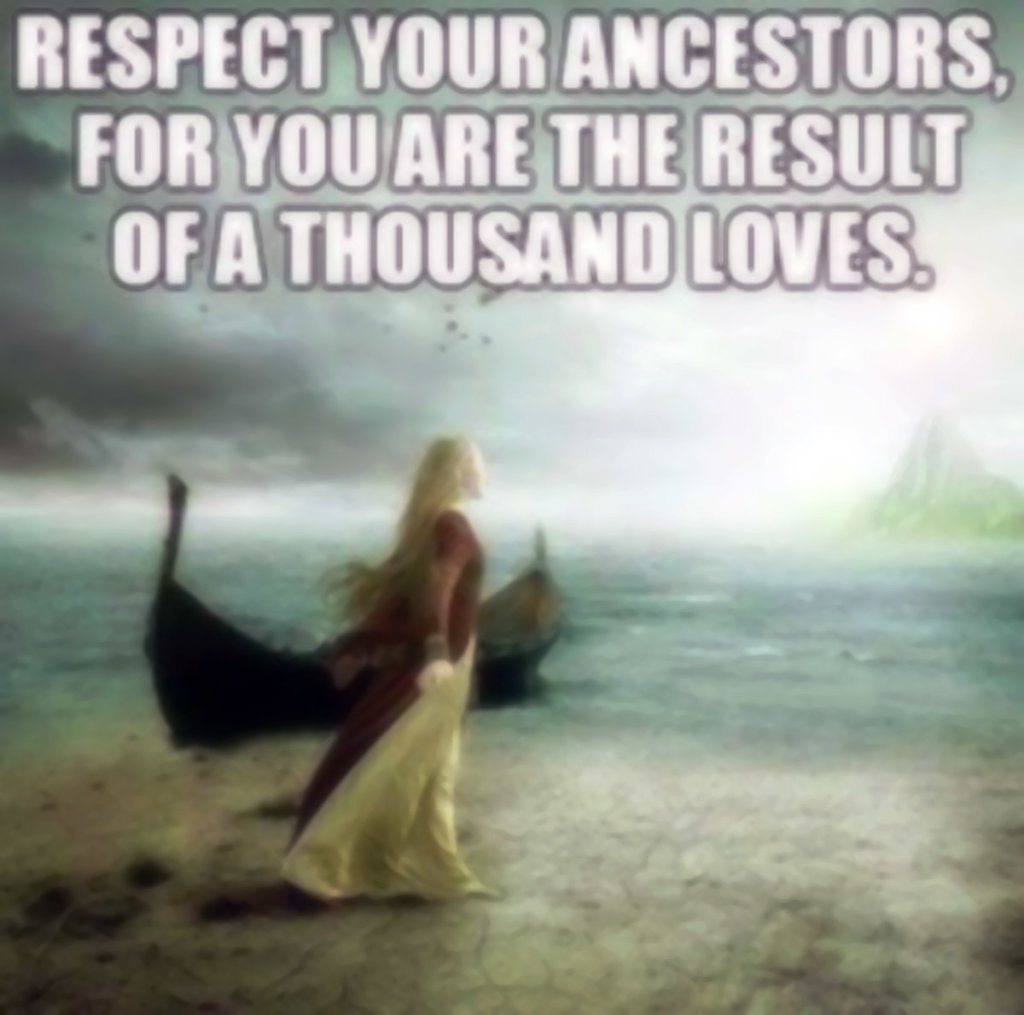
We are Future Ancestors
Since I am so involved in ancestor work, it is natural that I see myself as a future ancestor to my descendants, so I live my life with the next generation in mind. In Norse mythology, the Disir are a group of female ancestor spirits that watch over a particular family line. One day, when I am gone from this plane of existence, I hope to be a useful advisor and otherworldly helper to my descendants, like the Disir.
We are Our Deeds
The Anglo-Saxons had a term, Wyrd, which roughly translates to the concept of fate or personal destiny.
More important than that, they believed destiny was passed down family lines. So it is deeply tied to Ancestral Legacy. Wyrd has three components, Urdr, which is the closest to “fate,” Verdandi, which is “what is in the processes of happening,” and Skuld, which is “future debt.”
What this means is that the Anglo Saxons believed each person has a destiny, but fate can be influenced and sometimes altered by what is happening in the world while that person is alive (and in their personal life), and all of it is overshadowed by the deeds of their forbearers. So essentially, we are our deeds, and the decisions we make, which we put out into the world in terms of physical activity, will be passed and weaved into the fate of our descendants. I discuss these concepts in more detail on the Old Ways for Modern Days podcast, episode 3, Why We Bake in Times of Crisis.
That is why it is important to take care and make decisions with the next generations in mind. If we don’t, we could end up making life harder for them, and this is where ancestral wounds and generational trauma come into play.
Why Legacy is Important
If you follow me on Instagram, then you might have seen a recent post about some deep ancestral wounds that I uncovered recently and how they taught me something about my work in this lifetime. Here is an excerpt from my social media post.
“As someone who is adopted, other, changeling, I have always wanted to fit in, but I have been told through my life that it is my outsider perspective that is my great gift. Through my desire to learn more about my own heritage and where I come from, I have been open to and have learned about many cultures through the world because, hell, I could have been from any one of them! I believe they are all worth protecting, for our culture, languages, stories, and land is what keeps us grounded in an ever-changing world and gives us something to pass to the next generations so they can also be grounded in those traditions. All cultures are worthy of protection.
I am allowed to own all the parts of me and be proud of where I come from, both by birth and adoption. They do not take away from each other. I do not forsake my adopted family and traditions by embracing the ones of my birth. That is like asking me which child I love more. Both are of my bone.
In my struggles, these past 3 years, my ancestors, their examples, and their legacy have kept me going even in the darkest times. I have drawn on their wisdom to help me push through and find hope. They survived very difficult times, and by the gods of my people, I will do the same.
This is my work; this is why I have such a strong passion and pull to preserve the old ways, honor traditions, love and care for the land, its stories, and our birthright.
I want to help others to create their own legacies. Not in the sense of money, (although that is OK too), but of culture, of traditional skills because the way our world is going, it might be a very bleak atmosphere for our children and grandchildren as they come into their own. They may feel lost and ungrounded. They will struggle to fit in. This world is trying to strip us of our birthright, to homogenate us because that is where our power lies.
I hope to help people have something to pass down to the next generations so that they can hold onto those treasures (language, stories, food, skills) when they go through troubled times or dark moments of the soul, something that helps them forge their inner fire, so the light never goes out.
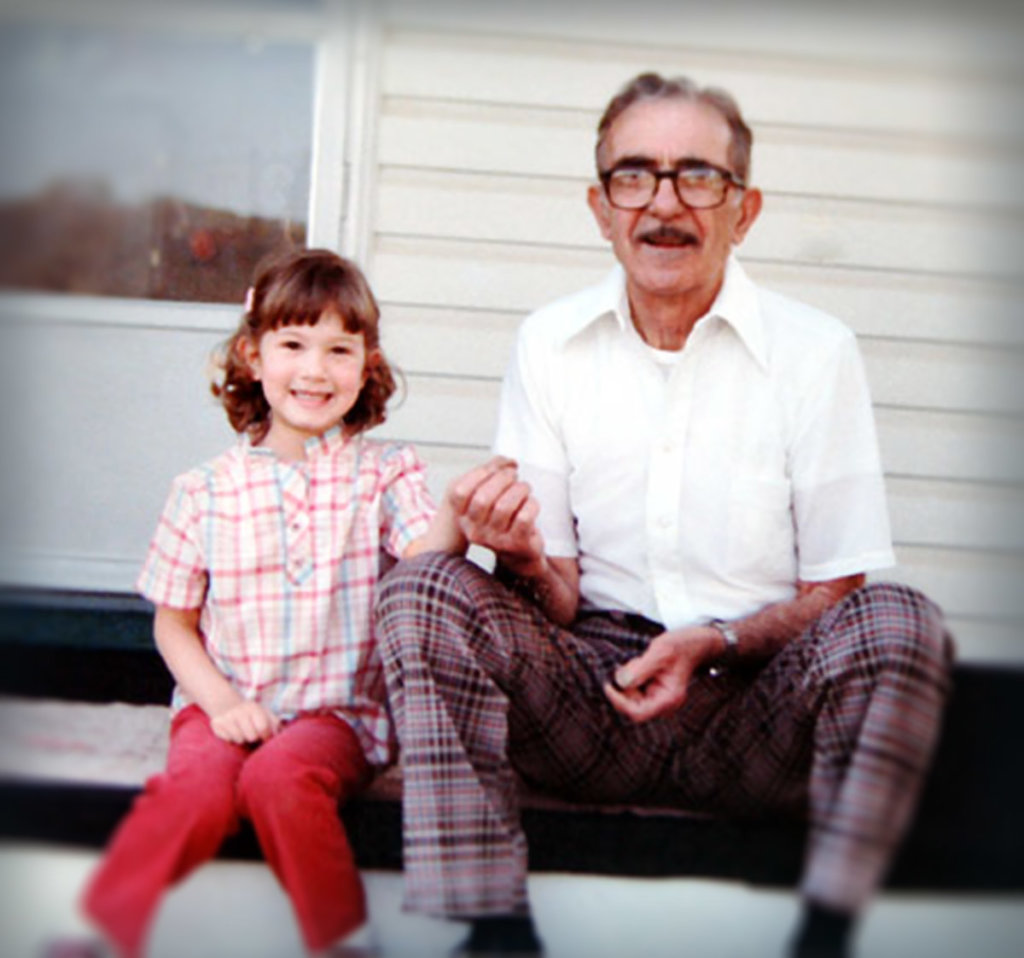
Me & my Sicilian Grandfather
5 Ways to Start Building Ancestral Legacy Today
- Talk to your family. Ask the oldest generation still living to tell you stories about when they were little and about their grandparents. Ask where their people were from. Write it all down in a journal that you can refer to and share with your descendants.
- Pay close attention to your passions. What brings your soul joy? Teach that to someone younger than you.
- Put your own work out into the world. Do you want to write a memoir or a book? Or perhaps create a painting of the most vivid dream you ever had, or perhaps you wish to start a business, something that maybe someone in the younger generation can take over someday? Make a plan and do it.
- Learn some traditional skills – cooking, baking, gardening, sewing, brewing beverages, foraging, learning about plants and how to use them for food and medicine, hunting, building a house are all great examples of traditional skills that our ancestors knew how to do. We are the generation to reclaim these traditions and begin passing them on.
- Learn a language – If you know where your people come from, maybe begin to learn that language. You can learn many languages for free on Duolingo or Memrise.
Related Posts
Old Ways for Modern Families
Saint John’s Wort: Shine Your Light

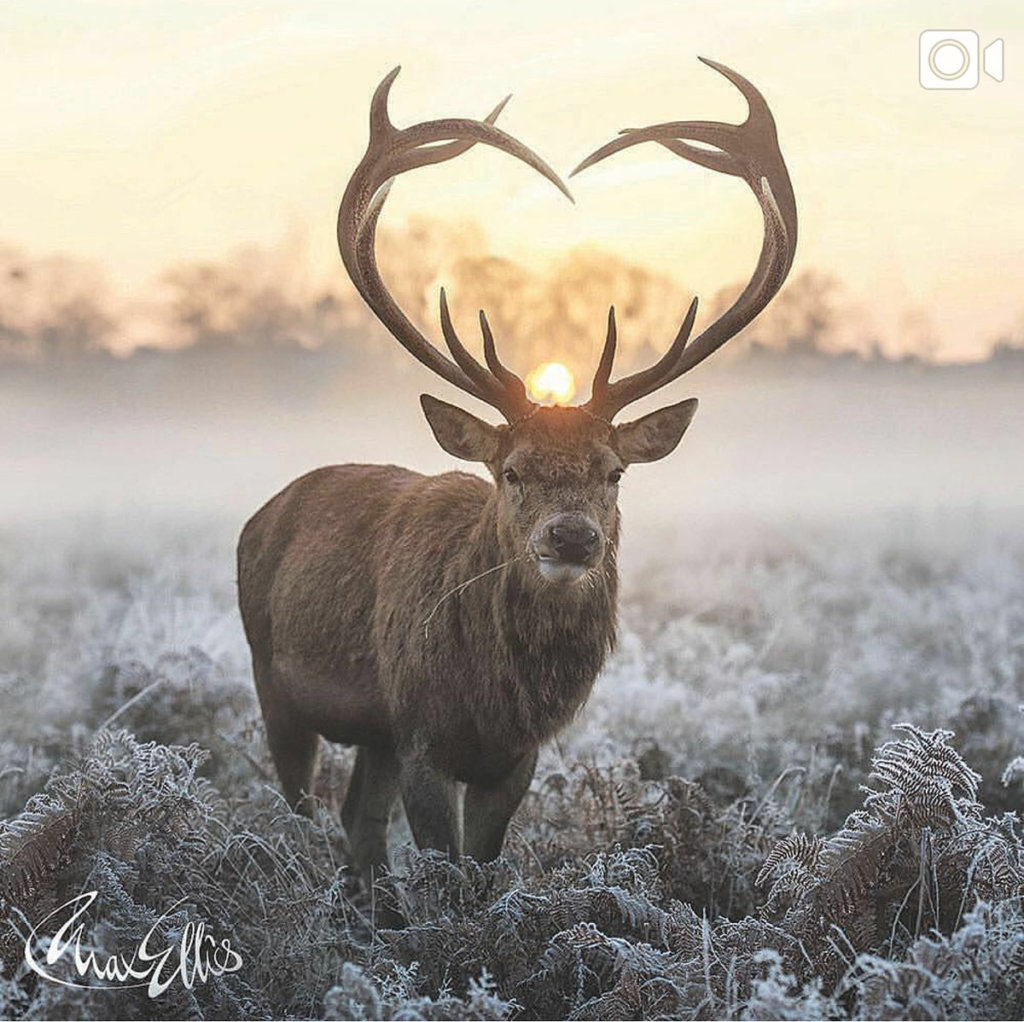
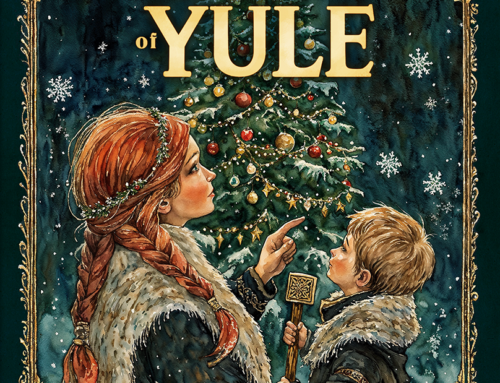
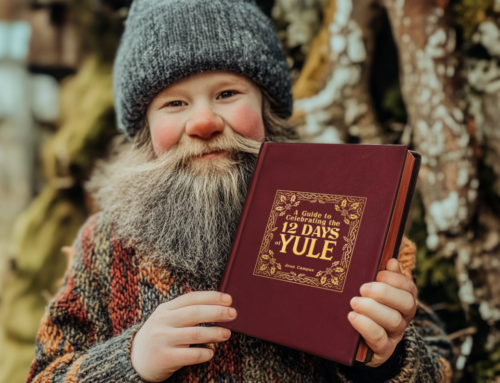
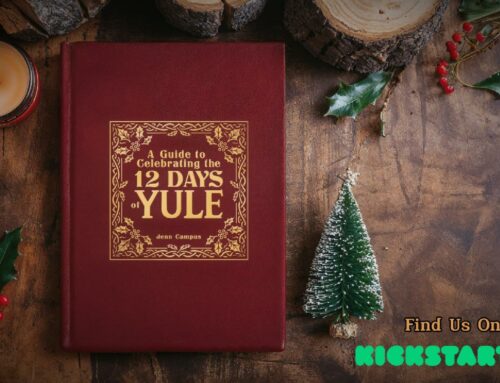
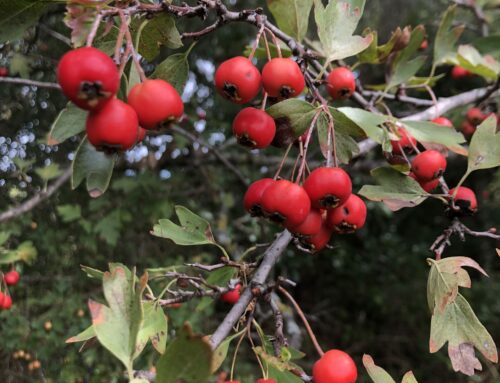
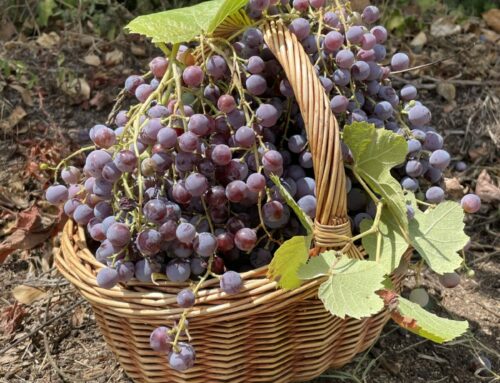

Thank you for this!